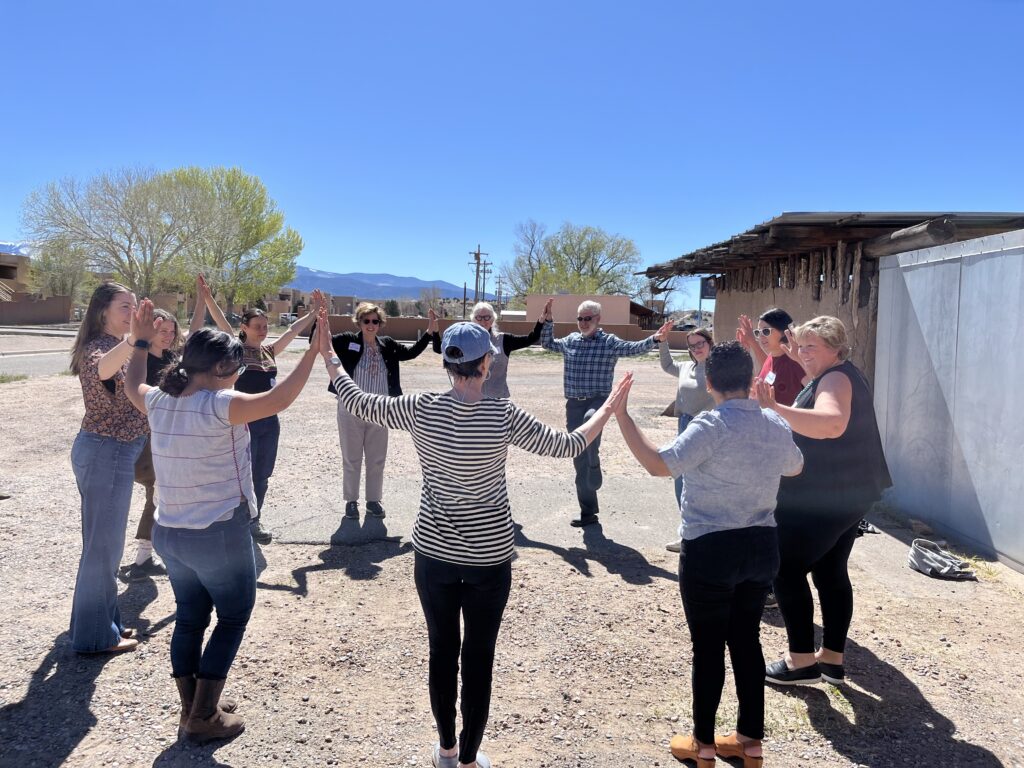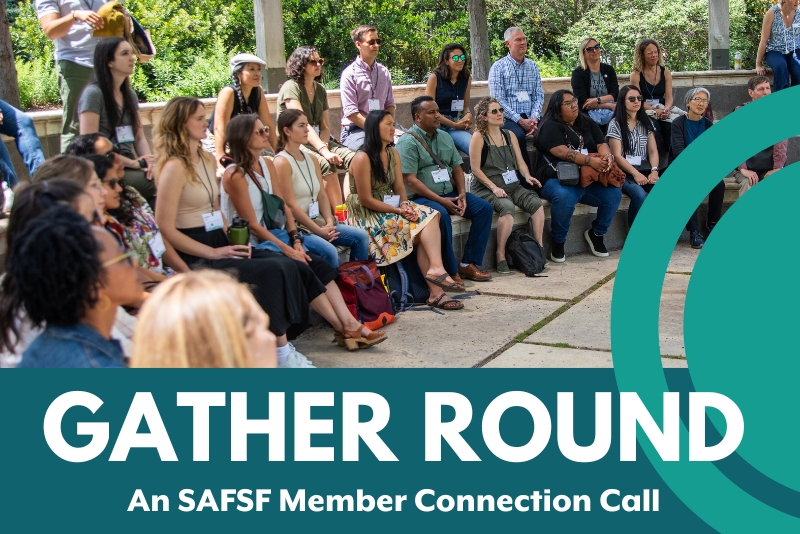
- This event has passed.
Changing the “Debt-to-Equity” Ratio for Farmers of Color
July 27, 2023 @ 11:00 am – 12:30 pm PDT
Co-hosted by California FarmLink
Join us to discuss innovations in how lenders, impact investors and funders think about helping farmers of color build equity. Most lenders limit credit based on the “debt-to-equity” ratio, or how much wealth the borrower already has. Limited equity limits access to credit, and the absence of credit limits opportunity to build equity, perpetuating the status quo. Generous credit terms provided by mission-driven lenders are only part of the solution. The other part of the solution are mechanisms that build up equity – the value of what is owned. In this session we will discuss combining equity-building loans, equity investments, and grant programs with educational programs designed to help entrepreneurs pursue equity-building strategies.
MODERATOR
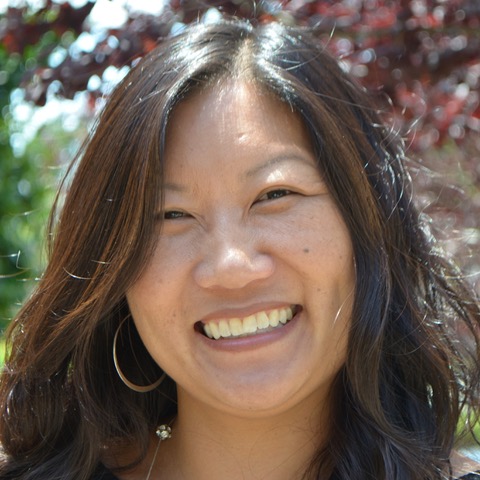
Esther Park, Chief Executive Officer at Cienega Capital
Esther is the CEO of Cienega Capital, a regenerative investment firm utilizing an integrated capital approach to systemic change in the areas of soil health, regenerative agriculture, and local food systems. Cienega Capital is also part of the #NoRegrets Initiative, a regenerative asset strategy focused on the health of agricultural soils and agricultural communities in North America. Esther has over 20 years of experience in mission-based financial services ranging from microfinance to risk capital investments, in partnership with financial institutions, family offices, foundations, and investment advisors. She is also a faculty member of the Just Economy Institute and serves as a Board member to a number of companies and non-profits.
Esther has also served as the Vice President for Strategy and Business Development at RSF Social Finance working with social enterprises; and as a senior consultant at ShoreBank Advisory Services, providing strategic and capital planning advice for Community Development Financial Institutions (CDFIs). And in a previous life, Esther lived in Nukus, Uzbekistan, teaching English and conducting program evaluation work for the United Nations. Esther received her MPP from University of Chicago, and BA in Social Welfare from the University of California Berkeley.
SPEAKERS
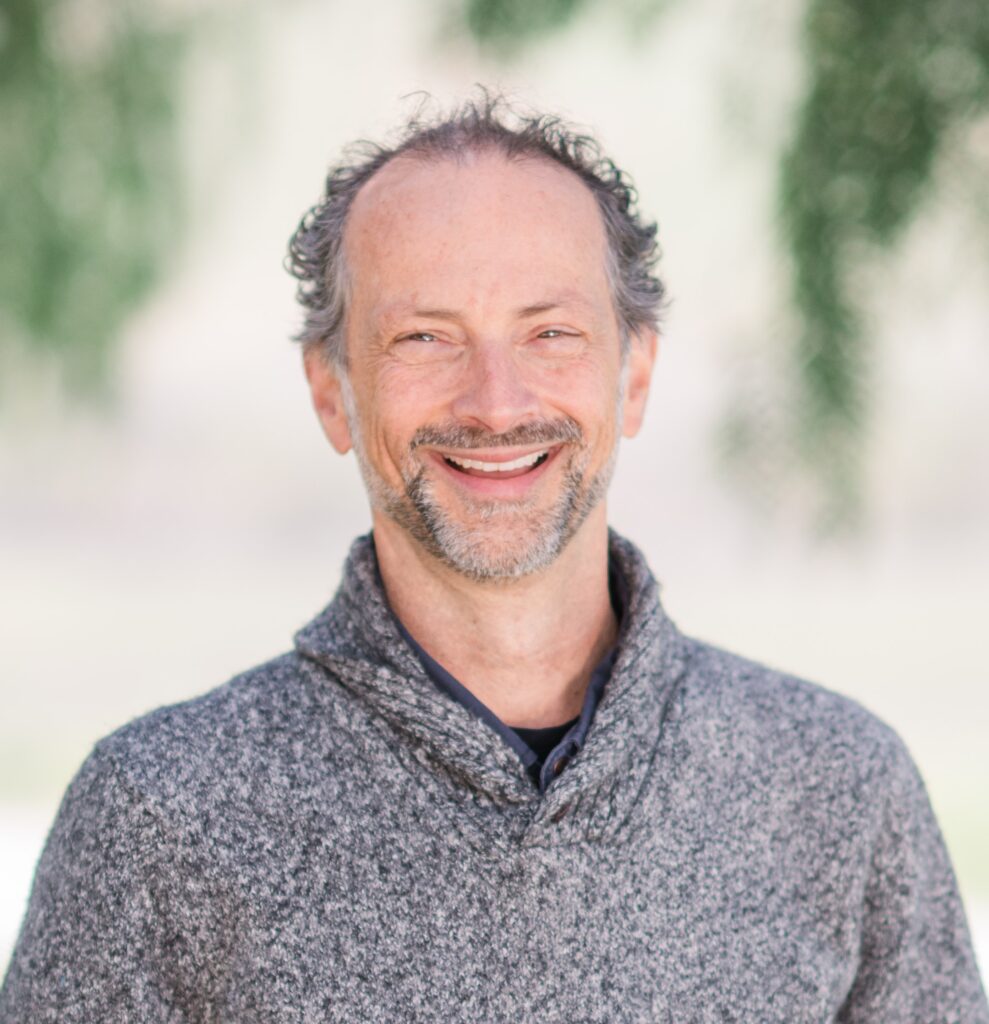
Brett Melone, Chief Business Strategies Officer at California FarmLink
“I grew up in agriculture and experienced its beauty, bounty and challenges. My work contributes in a tangible way to improving the lives of the people who feed us and their ability to care for the land.”
As Chief Business Strategies Officer, Brett supports our program staff to ensure that the products and services we offer are strategically aligned with the needs of the farmers, ranchers and fishers we serve. Farmers with secure land tenure and access to capital are better able to care for the natural resources and people they depend on. Brett focuses on building an ecosystem of support by engaging a broad spectrum of stakeholders.
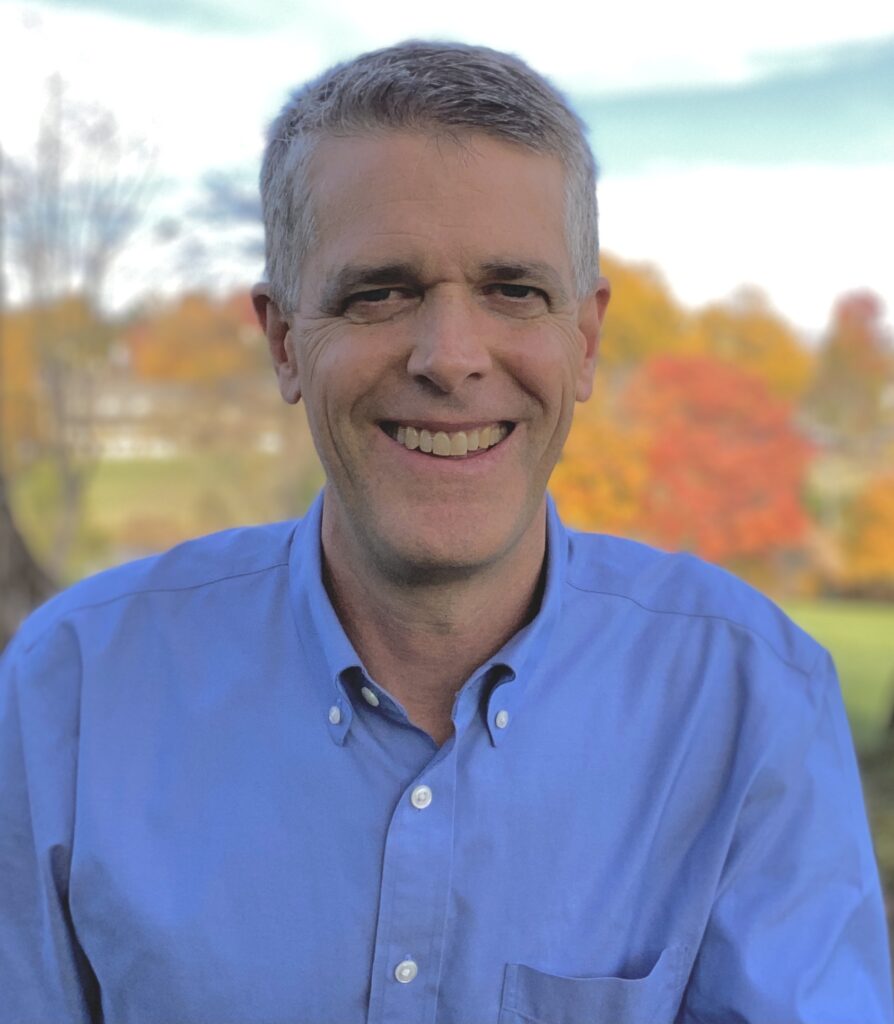
Michael Reilly, Co-founder/Executive Director at Foodshed Capital
Michael Reilly is co-founder of Foodshed Capital and oversees the day-to-day operations as Executive Director. Under his leadership, the organization grew from a very small, local Slow Money program into a systems-changing nonprofit serving hundreds of farms and food businesses up and down the East Coast. Michael also led Foodshed Capital toward certification as a Community Development Financial Institution (CDFI) in 2020. Under Michael’s leadership, Foodshed Capital has made more than 100 loans to regenerative farms and small food businesses, totaling more than $2.5 million in capital. Most importantly, Foodshed Capital has been a leader in pushing for more innovative and less-extractive forms of lending, including 0% unsecured loans for Black-led farms. Foodshed Capital has also forged relationships with dozens of other organizations supporting the work of small-scale regenerative farmers.
Michael began his career in banking and later honed his financial skills as a 15-year executive in the broadcast television business. He has served on the board of several food and agriculture organizations, including the Virginia Farmers Market Association, the Virginia Association for Biological Farming, and the Mid-Atlantic Food Resilience & Access Coalition (MAFRAC). Michael earned an undergraduate degree at Yale University and a graduate degree at Columbia University. He lives in Charlottesville, VA.
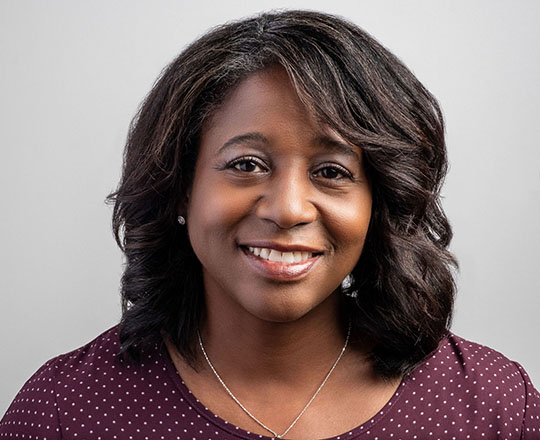
Lolita Nunn, Director of Programs and Investor Relations at Potlikker Capital
Lolita Nunn brings over 25 years of diversified and progressive experience in both the nonprofit and for-profit sectors to the Potlikker team. She worked in the banking industry for 14 years where she developed expertise in finance, investment banking, and management. In addition to her financial role, her work included cultivating and building relationships with community leaders and advocating for programs providing financial literacy, consulting, and mentoring. Lolita is committed to building strong and resilient communities. Her passion for philanthropy led her to the nonprofit sector where she led donor outreach, fund development, community and business engagement efforts. Lolita’s career journey led her to the ecosystem of impact investing where she combined her years of financial acumen along with her passion for philanthropy to be a further champion of positive social, racial, and environmental system change. In her most recent role, she was the Investor Relations Officer at Fair Food Fund where she helped to re-imagine their investment thesis to support BIPOC food businesses, and lead the initiative that increased their geographic reach and grew the brand recognition of the Fund nationally.
